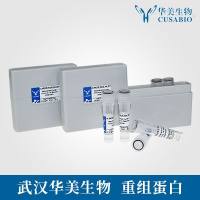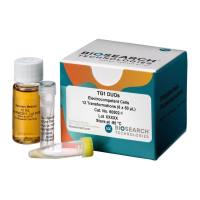Generation of Protease-Deficient Strains and Their Use in Heterologous Protein Expression
In optimizing expression of heterologous protein, the issue of proteolysis is often an important factor, since many peptides and proteins are susceptible to degradation by proteases produced in the host organism. In such cases even if the protein product is expressed at high levels, overall yield can be drastically reduced through proteolysis, which not only reduces the amount of intact material but also complicates the recovery process. The use of protease-deficient strains has been shown to be a successful approach to improve the yield of fully active, expressed proteins in both Saccharomyces cerevisiae and Escherichia coli (1 ,2 ). Proteolysis can occur during expression or during the first stages of purification. Certainly, expression of intracellular proteins, which requires cell lysis for purification, will result in their exposure to proteases. Similarly, secreted proteins will be exposed to vacuolar proteases through cell lysis that occurs during growth in the fermentor. Consequently, production of many proteins, particularly heterologously expressed proteins, depends on the amount of proteolytic activity they are exposed to during expression and purification, and the use of strains that are deficient in proteases can significantly improve overall yields.
![预览]()






